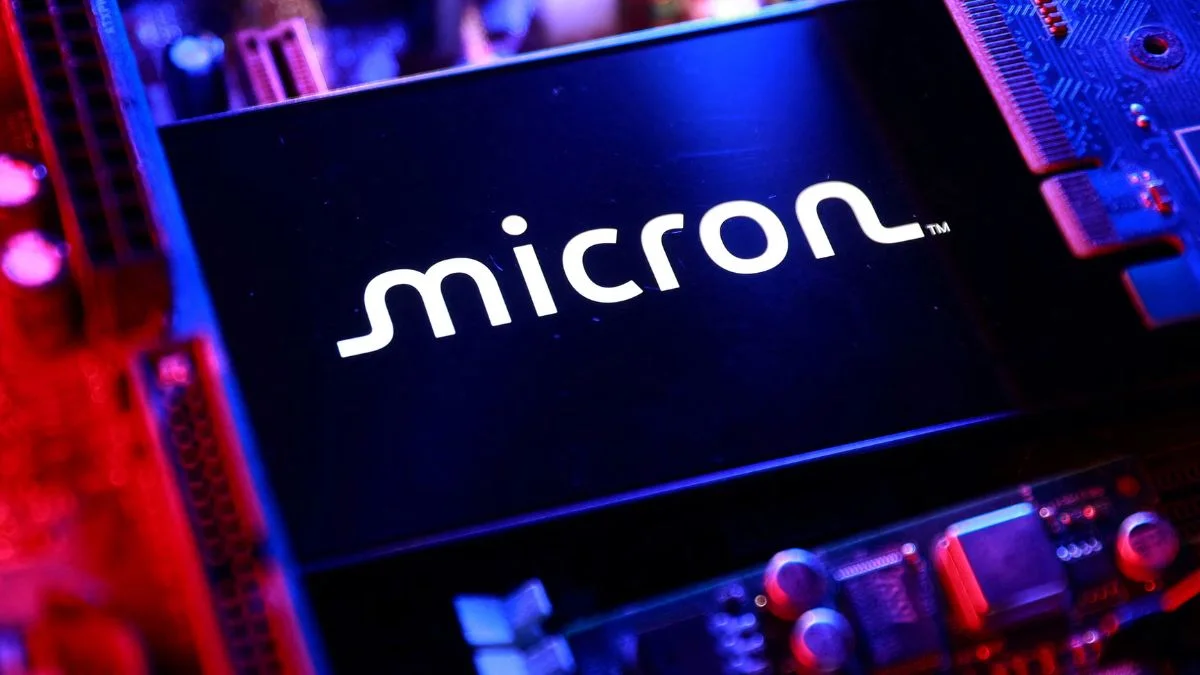Necessary Always Active
Necessary cookies are required to enable the basic features of this site, such as providing secure log-in or adjusting your consent preferences. These cookies do not store any personally identifiable data.
|
||||||
|
||||||
|
||||||
|

In Focus
U.S. memory chipmaker Micron Technology will stop supplying server data center chips to China. According to Yahoo Finance, Micron exits China’s server chips market after it failed to recover from the government ban introduced in 2023. Sources close to the company say the ban affected supply of Micron’s products to critical Chinese infrastructure.
Micron said its chip business was heavily impacted by the 2023 ban and underscored compliance with regulations in markets where it operates. Micron was the first U.S-based chipmaker to be targeted by China.
In 2023, China subjected Micron to a cybersecurity review after Washington announced export restrictions on its chipmaking technology to the country. The U.S. government retaliated with multiple semiconductor export restrictions to China. The export curbs were designed to hinder Chinese access to advanced American chip technology.
Chinese authorities have also raised security risk concerns regarding Intel and NVIDIA chips. In October 2024, China’s Cybersecurity Association called for a review of Intel products claiming that they have been harming the country’s national interests and security.
While shedding data center chip supply in China, Micron says it will continue to sell semiconductors to laptop maker, Lenovo. The company will also continue to supply chips to the Chinese mobile phone and auto sectors.
Last year, the company generated 12% of its total revenue from the Chinese market. Towards the end of the year, the U.S. government finalized a $6.1 billion chip subsidy for Micron Technology to enable it to construct several semiconductor facilities.
China is the second largest market for server memory chips. With the exit of Micron data center supplies in China, the company will miss out on the expansion boom in the country. This will benefit Chinese competitors such as CXMT and YMTC, as well as global competitors like SK Hynix and Samsung Electronics.
Micron could offset losses from the Chinese market by focusing on growing data center demand in other parts of the world as AI adoption grows. The company has continued to expand some aspects of its business in China, including chip packaging.
“We have a strong operating and customer presence in China, and China remains an important market for Micron and the semiconductor industry in general,” Micron said.
Sources say Micron had a 300-member data center team in China. In August 2025, the company laid off several hundred of employees who worked in its universal flash storage program after ceasing development of mobile products globally.
A Preview of Micron’s China Server Chip Exit
Trade tensions between the U.S. and China have been escalating since 2018 after U.S. President Donald Trump imposed tariffs on Chinese-manufactured products during his first term. The U.S. also imposed sanctions on Chinese smartphone maker Huawei in 2019 saying that it presents national security risks.
Huawei denied those claims. In May 2025, China accused the U.S. of undermining trade talks after Washington warned that using Huawei AI chips in any part of the world would violate America’s export controls.
Intel and NVIDIA also denied claims that their chips pose a risk to China’s national security. The U.S. has sanctioned hundreds of Chinese entities. However, the Asian country, which relies heavily on imported technology, has taken fewer regulatory actions.